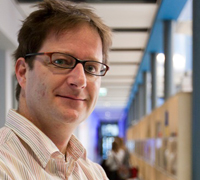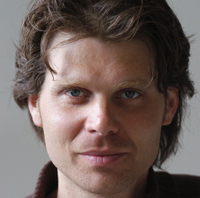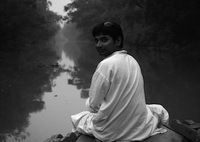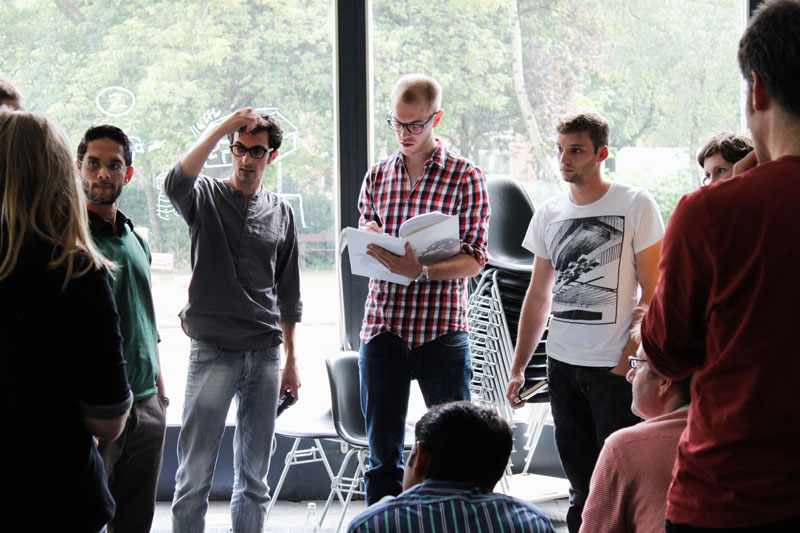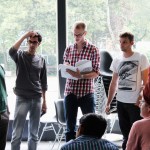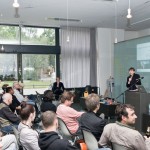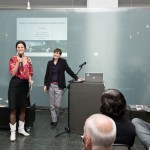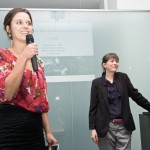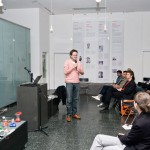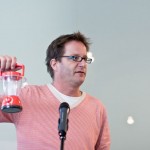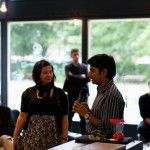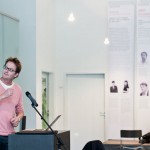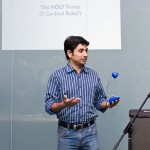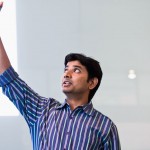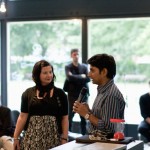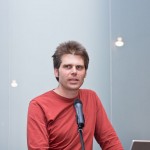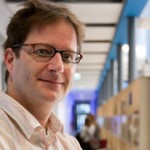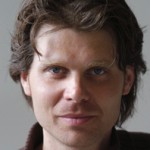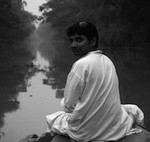Rustam Senguta („Boond”, Delhi/ Indien) bildet junge Menschen zu eigenen Unternehmern weiter, die Produkte wie Solar-Lampen, Wasserfilter, effiziente Kochherde, Dynamo Lampen und Moskitonetze in abgelegene, ländliche und durch Katastrophen betroffenen Gegenden vertreiben.
Sebastian Feucht
ist Lehrbeauftragter an der UdK Berlin und Geschäftsführer des SUSTAINABLE DESIGN CENTER e.V.
Moderation: Ilka Schaumberg (designtransfer)
Ebenfalls bieten Jan Carel Diehl und Rustam Senguta für UdK Studierende einen Workshop an – Thema : „Good things – how to design products that provide energy to low-income people off the electricity grids”
Vorträge und Workshop in englischer Sprache
Jan Carel Diehl
(Diplom & Promotion in Industrial Design) arbeitet derzeit an der Design for Sustainability (DFS) Forschungsprogramm an der Technischen Universität Delft (DUT). Innerhalb der DFS-Programm, das er verwaltet die internationalen Projekte zur nachhaltigen Produktinnovationen vor allem in den Schwellenländern. Seit 2004 ist der Schwerpunkt seiner Forschung liegt auf der ‘Design for the Base of the Pyramid (BoP) “und hat er in über 100 BoP Projekte vor allem in Asien und Afrika (zB Philips, Procter and Gamble, Microsoft, PeePoople, Tough beteiligt Stuff, Kiva und Kamworks). Neben seiner Tätigkeit bei DUT ist er Berater für UNIDO und UNEP und Gastdozent an Universitäten in unter anderem Portugal, Kolumbien, Mexiko, Türkei, Japan und Österreich. Er ist Co-Autor der UNEP Design for Sustainability Handbuch für die Entwicklungsländer (D4S-DE).
Rustam Sengupta
tours to his native village in West Bengal and other remote corners of India brought him face to face with a stark reality: People in these villages have no access to electricity or clean drinking water. After one such trip in August 2009 he decided to call it quits at an MNC bank in Singapore, where he was earning a fat salary of US $ 1,20,000 per annum (excluding commissions) as finance manager at their fixed income side and change this sorry situation. The very next month Rustam came to India and started Boond, a not-for-profit organisation, with a small team that aims to provide solar light, clean drinking water and pest control to one million people by the end of 2012.To this end Boond sells something called the ‘Boond Development Kit’ consisting of a solar lamp, water filter (a 22-litre double candle ceramic water filter with two chambers separated by a ceramic membrane; advantages: roots out 90 per cent bacteria and very much suited to pond water) and mosquito net at a highly-subsidised cost with the help of distribution partners in India’s remotest areas, NGOs, social investors, micro finance institutions and banks.This is how Boond works: You buy the kits online by making a payment for the needy in some remote Indian village and Boond delivers it to them with the help of their channel partners, mostly unemployed village youth, who in turn get a three per cent commission. Just recently, Boond succeeded in sending 90 kits to families in Ladakh that was devastated by a landslide.
http://io.tudelft.nl/over-de-faculteit/persoonlijke-profielen/universitair-docenten/diehl-jc/
http://www.boond.net
